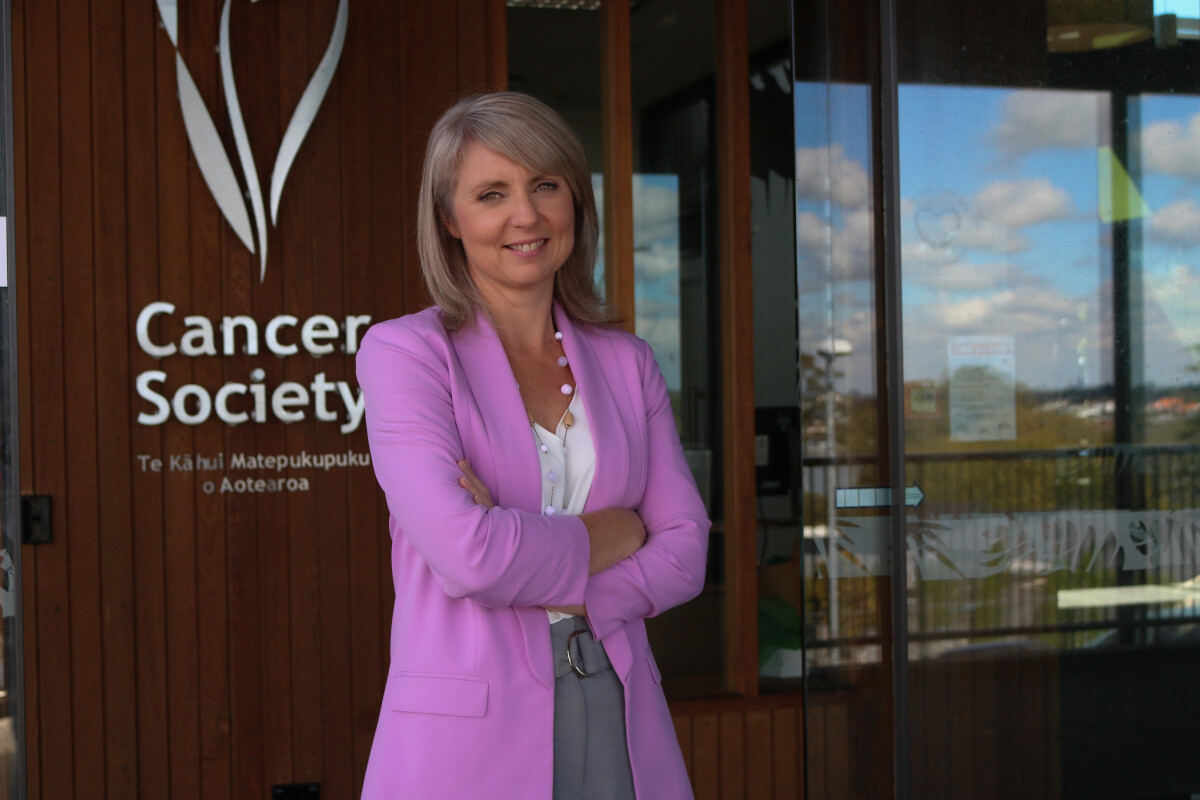With four in every 10 New Zealanders diagnosed with cancer before they’re 75 and cancer rates set to double by 2040, the reality is conversations about cancer are going to become more and more common at work.
If you’re a business leader, just how do you balance empathy and flexibility with the everyday realities of business and what does somebody with cancer really need from their workplace?
Responding to a diagnosis
- Pause and remember that someone with a new cancer diagnosis is grappling with their own mortality - this is huge. They may also be anxious about losing their livelihood and becoming a burden to their colleagues.
- Allow them time to process the news in a way that works for them. Let them take the lead in terms of how they want to show up, or not, in those first few days.
- Get clarity about how much they want to tell the wider team and remember this will likely change in the weeks that follow.
- Avoid asking details about treatment timeframes - the journey is rarely straightforward. Demonstrate you can handle this uncertainty, as uncomfortable and inconvenient as it might be.
- Show up, and keep showing up, as the unflappable boss - a steady hand who they can trust and keep the communication lines open.
Support during treatment
- Keep tabs on the support they are getting at home and find ways to help in practical yet unintrusive ways.
- Sometimes communication funnels through a colleague with whom they have the closest friendship. Ask ahead of treatment what works best for them.
- Be mindful of the rumor mill and remember your discretion is critical. Just because colleagues want to help doesn’t entitle them to personal information that somebody isn’t comfortable disclosing.
- Check in before making any moves to re-allocate work or reassign direct reports. Any attempts to be proactive and alleviate stress without consultation, while well-meaning, may backfire.
- Avoid offering advice but remember there are organisations well placed to do this including the Cancer Society.
- Keep a note of milestones, be it the first, 10th or final day of chemotherapy or radiation and consider checking in with a text either directly or via their support person.
Returning to work
- Remember there are lots of invisible ways a person who has undergone cancer treatment may struggle when they return to the office.
- They may experience numbness in their hands and feet which affects fine motor skills, or suffer from fatigue, brain fog, headaches or nausea. Make it safe for them to tell you and make it no big deal to accommodate them.
- Talk openly about workload expectations and remember the mental health rollercoaster is still very much in motion.
To find out more about supporting employees on their cancer journey, download our free guide for managers here.

